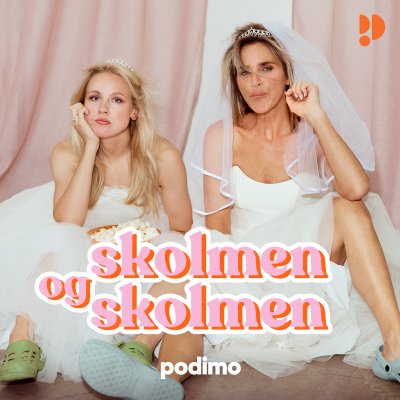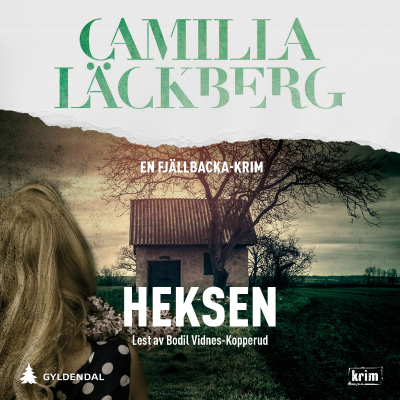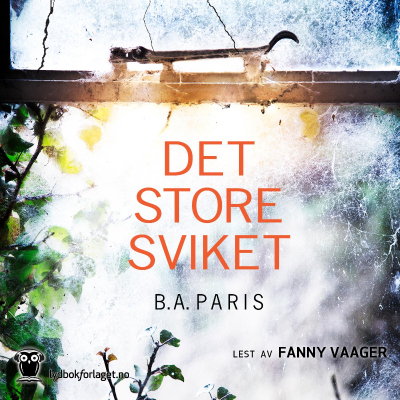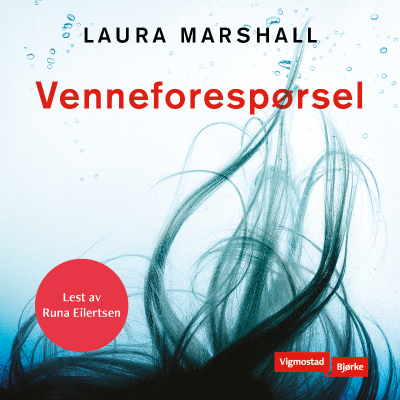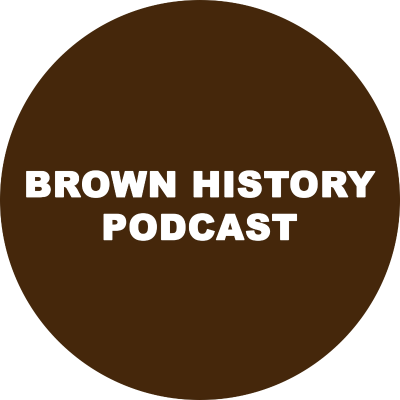
Brown History Podcast
Podkast av Brown History
South Asia through the lens of South Asians
Prøv gratis i 3 dager
99,00 kr / Måned etter prøveperioden.Avslutt når som helst.
Alle episoder
76 EpisoderIf you ask someone what ancient India gave to the world, most people will probably say “yoga.” But for over a thousand years, India was an intellectual, cultural, and spiritual centre of the world. From astronomy and art to literature, language, religion, and philosophy, India was a powerhouse of ideas that traveled far beyond its borders. So why don’t more people today know about this part of India’s history? On today's episode, we sit with the great historian William Dalrymple, author of his new book, The Golden Road [https://amzn.to/3Spk3bK], and discuss how ancient India shaped the world as we know it today. Get the book here: https://amzn.to/3Spk3bK [https://amzn.to/3Spk3bK] Visit our Shop: https://shopbrownhistory.com/ [https://shopbrownhistory.com/] Become a patron: https://www.patreon.com/brownhistory [https://www.patreon.com/brownhistory] Books covered on the podcast so far: https://amzn.to/42TH768 [https://amzn.to/42TH768]
When we hear the phrase 'homeland security,' we usually think of the United States. But long before 9/11, Israel was already building a model —one based on occupation, surveillance, and control. After the 2008 Mumbai attacks, India promised it would never be caught off guard again. But instead of rebuilding from within, it became one of Israel’s biggest customers. Not just for weapons, but for surveillance technology, police training, and an entire mindset shaped by Israel’s experience of occupation. In today’s episode, we sit with Rhys Machold, author of Fabricating Homeland Security [https://amzn.to/449mEhf], and unpack how homeland security became a global brand, how fear became a marketplace, and how Israel became India’s go-to model for policing, surveillance, and counterterrorism. Get the book here: https://amzn.to/449mEhf [https://amzn.to/449mEhf] Visit our Shop: https://shopbrownhistory.com/ [https://shopbrownhistory.com/] Become a patron: https://www.patreon.com/brownhistory [https://www.patreon.com/brownhistory] Books covered on the podcast so far: https://amzn.to/42TH768 [https://amzn.to/42TH768]
On today's episode of the Brown History Podcast, we sit with Indo-Canadian filmmaker Deepa Mehta. Her work is fearless, powerful, and deeply human. Each of her films tells a different story, in a different way—but what ties them all together is her deep and unwavering love for her people. She captures their history, their joy, and their sorrow with honesty and grace. Her films are bold. They’re visually stunning. And they don’t shy away from the hard truths. This month, the Toronto International Film Festival is honouring Deepa Mehta’s remarkable 30-year career with a special retrospective—screening ten of her film from April 4th to 23rd at the TIFF Lightbox here in Toronto. This episode could not have happened without the support of the Toronto International Film Festival, specifically Nandita Dutta from TIFF, a special thanks to them all. Visit our Shop [https://shopbrownhistory.com/] Become a patron [https://www.patreon.com/brownhistory] Books covered on the podcast so far: https://amzn.to/42TH768 [https://amzn.to/42TH768] Book Recommendations by Deepa Mehta: * The First Man by Albert Camus [https://amzn.to/423fcCX] * Nowhere, Exactly: On Identity and Belonging by M. G. Vassanji [https://amzn.to/4iVsuHj]
When countries in the Global South gained independence from European colonial rule, they didn’t fully break away from the systems imposed by their former colonizers. While they became independent nations, they continued to follow the same ideas about borders, governance, and state power—ideas shaped by colonial rule. In other words, they removed foreign rulers but didn’t necessarily rethink the structures that defined nations and states. In today’s episode, we sit with Hafsa Kanjwal, author of the book ‘Colonizing Kashmir: State-building Under Indian Occupation.’ [https://amzn.to/41tfDF3] and explore how the Indian and Kashmiri governments used development and governance to tighten India’s control over Kashmir after Partition. In her book, she argues that India’s efforts to integrate and develop Kashmir after British rule were fundamentally colonial. She examines how India brought Kashmir under its control without the people's approval, using local leaders who followed India’s interests. Her work argues that India’s actions were not about freedom but instead shows them as part of a larger effort to strengthen the country after World War II. Get the book here: https://amzn.to/4eJg7fn [https://amzn.to/41tfDF3] Visit our Shop: https://shopbrownhistory.com/ [https://shopbrownhistory.com/] Become a patron: https://www.patreon.com/brownhistory [https://www.patreon.com/brownhistory] Books covered on the podcast so far: https://amzn.to/42TH768 [https://amzn.to/42TH768] Book Recommendations by Guest: * Resisting Disappearance: Military Occupation and Women's Activism in Kashmir by Ather Zia [https://amzn.to/4hii438] * Indians on Indian Lands: Intersections of Race, Caste, and Indigeneity by Nishant Upadhyay [https://amzn.to/4iV4XG6]
During colonial rule of India, relations between British men and Indian women became regular practice, and over generations a large and growing 'mixed race' community developed. They would come to be known as Anglo-Indians and have their own distinct identity. Anglo-Indians held a unique position at the crossroads of race, color, and class. They were never fully colonizers nor colonized, but something in-between, at times playing the roles of either, neither, or both. When the British left and India was granted its independence in 1947, Anglo-Indians would face an existential dilemma. In today's episode, we sit with Uther Charlton-Stevens, author of ‘Anglo-India and The End of Empire [https://amzn.to/3Y6cZ6w],’ and reexamine empire and decolonization through the eyes of Anglo-Indians. Get the book here: https://amzn.to/4eJg7fn [https://amzn.to/4eJg7fn] Visit our Shop: https://shopbrownhistory.com/ [https://shopbrownhistory.com/] Become a patron: https://www.patreon.com/brownhistory [https://www.patreon.com/brownhistory] Books covered on the podcast so far: https://amzn.to/42TH768 [https://amzn.to/42TH768] Book Recommendations: An Anglo-Indian Childhood by Shirley Pritchard [https://amzn.to/3YfHxmq] Embers: An Anglo-Indian Memoir by Joy Chase [https://amzn.to/3BN74M0] Anglo-Indian Lives in Pakistan by Dorothy McMenamin [https://amzn.to/4h99t3W] Children of Colonialism: Anglo-Indians in a Postcolonial World by Lionel Caplan [https://amzn.to/3UcgXt1] Anglo-Indian Identity: Past and Present, in India and the Diaspora by Robyn Andrews (Editor), Merin Simi Raj (Editor) [https://amzn.to/485yA3z]
Prøv gratis i 3 dager
99,00 kr / Måned etter prøveperioden.Avslutt når som helst.
Eksklusive podkaster
Uten reklame
Gratis podkaster
Lydbøker
20 timer i måneden

